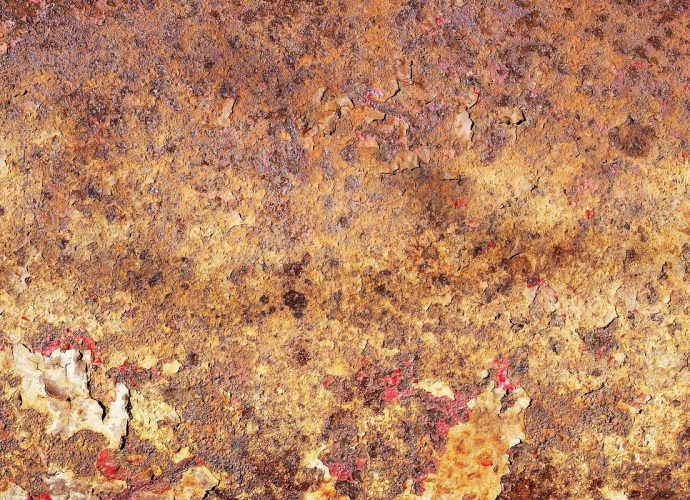What Causes Jaw To Go Out Of Alignment?
The outlook for broken or dislocated jaws varies depending on the severity of the injury. A minor break can often heal on its own without the need for medical intervention. More severe breaks will probably require supportive medical devices around the jaw. The healing process can take several weeks orRead More →









